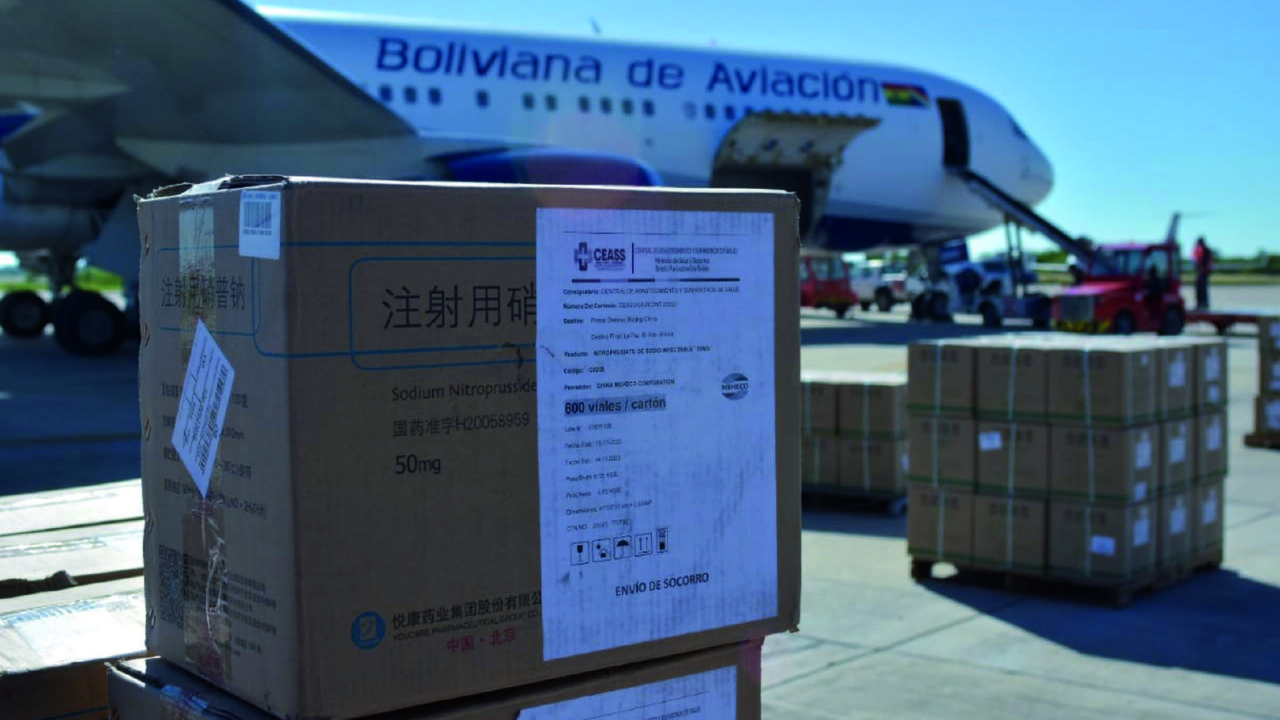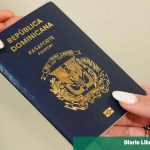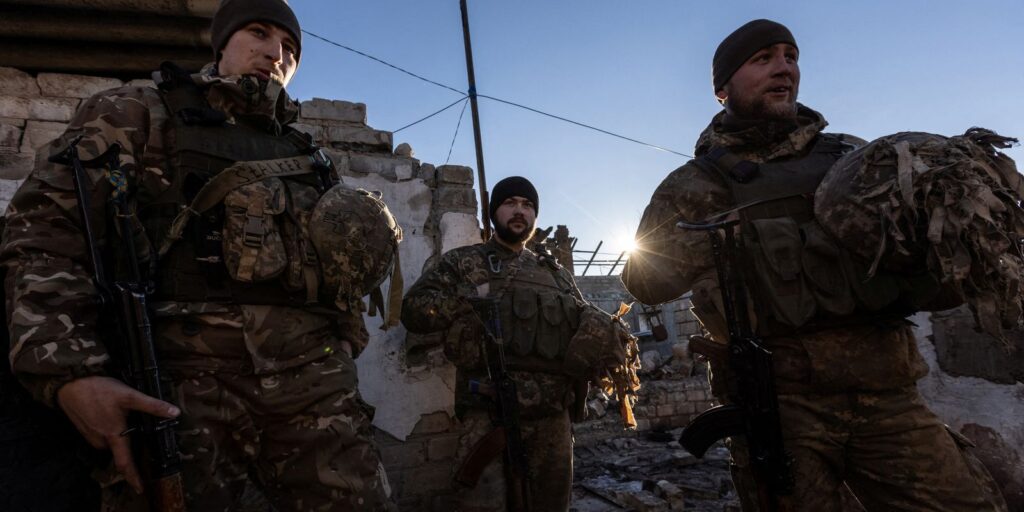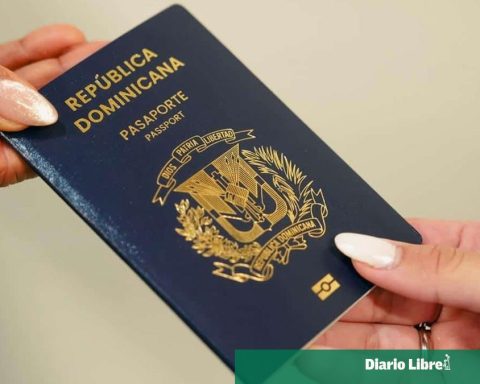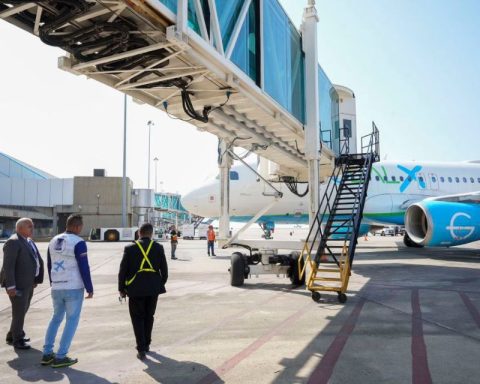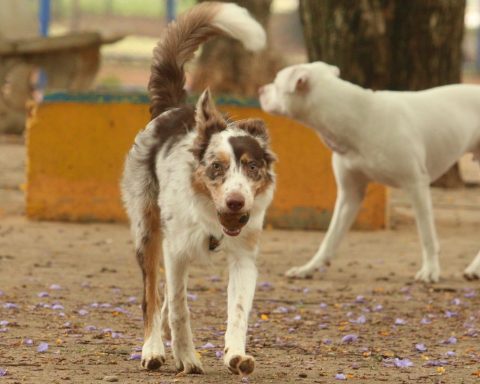La Paz / EFE
Bolivia celebrated this Saturday one year since the arrival of the first batch of vaccines that served to start the vaccination process that has so far managed to apply more than 11.7 million doses and have coverage for its entire vaccinable population.
“A year ago our first 20,000 #DoseOfHope arrived in #Bolivia, and their arrival marked the beginning of a new route in the fight against #COVID19. Today, we have already acquired more than 22.5 million vaccines for the Bolivian people Bolivian President Luis Arce wrote on Twitter.
That first shipment transported the first doses of Russian Sputnik V immunizers on a flight from the state-owned Boliviana de Aviación (BoA) that were initially destined for health personnel on the front line against the pandemic in the cities of Santa Cruz and La Paz.
From then on, when the country was going through the second wave of the pandemic, a progressive vaccination strategy was developed that first took into account the elderly and chronically ill and later expanded to other ages until reaching those older than 5 years.
“We are remembering a historic day because a year ago the vaccines that brought hope to the people arrived here” and “we have vaccines for 100 percent of the population,” Health Minister Jeyson Auza said at an event on Saturday. in the Bolivian capital Sucre.
The immunizers available for the 10.2 million people who are part of the vaccinable population were managed through state purchases, as in the case of the Sputnik V and Sinopharm vaccines, while those of the AstraZeneca, Pfizer, Janssen and Moderna type were donations that in most of them came through the United Nations Covax mechanism.
In one year, 11,763,854 vaccines have been administered between first, second and third doses, in addition to single immunizers.
Of that amount, 5,699,299 are first doses, 4,206,605 belong to the second, 863,059 correspond to reinforcement components and 994,961 to inoculations of a single immunizer.
Immunization achieved its greatest results in the first weeks of this year when the requirement of a vaccination card was in force as a requirement for carrying out procedures and entering public and private places.
However, the measure was suspended by the Government after demonstrations by anti-vaccine groups belonging to social sectors of the ruling party.
The country is going through the fourth wave of infections with days in which the historical record has been exceeded with more than 14,000 cases with the confirmed presence of the omicron variant and with a fatality rate of 0.6%, according to the Ministry of Health. Health.
The country has accumulated 20,865 deaths and 847,180 confirmed cases since the arrival of the pandemic in March 2020, while 149,715 are the infections that remain active.
